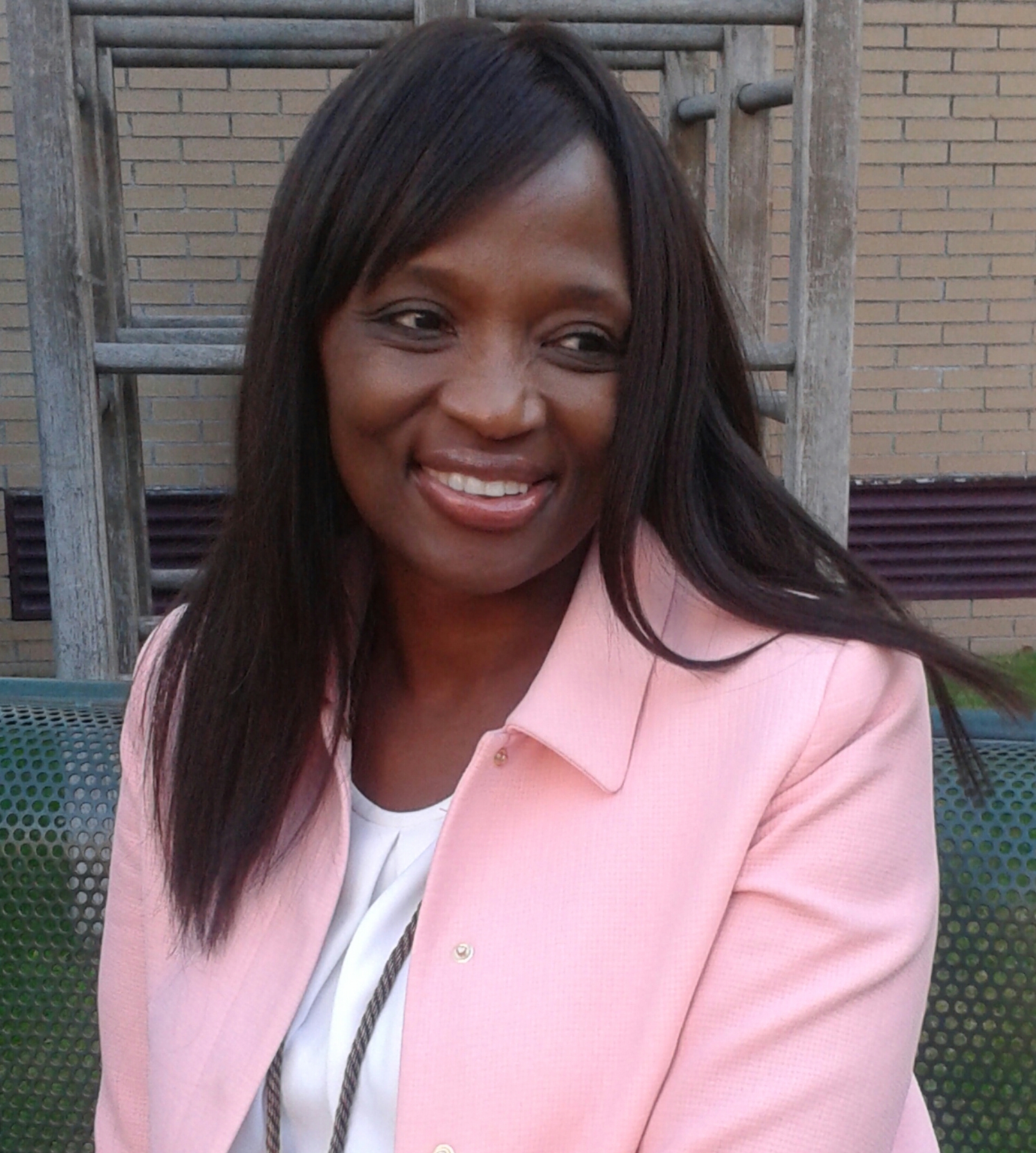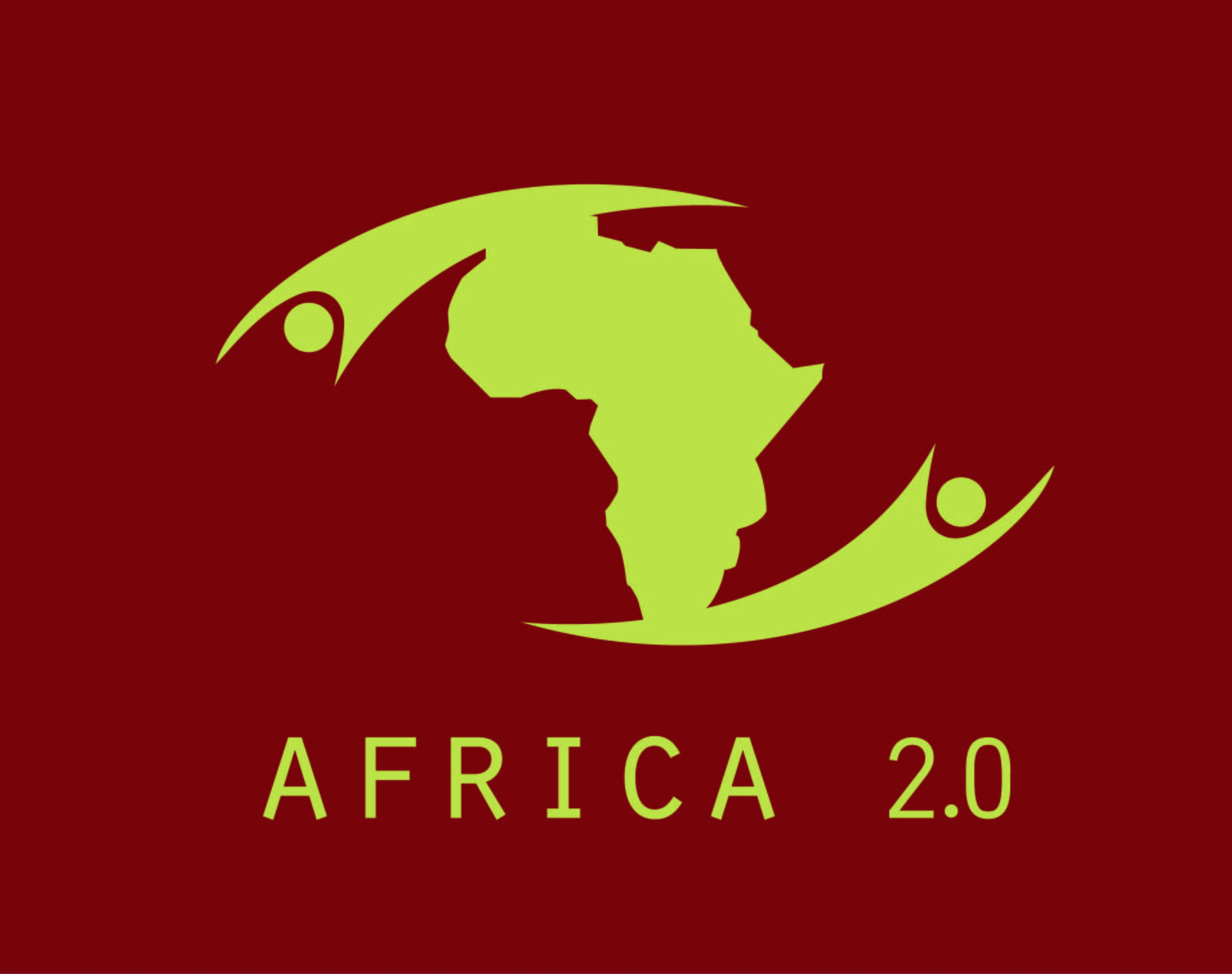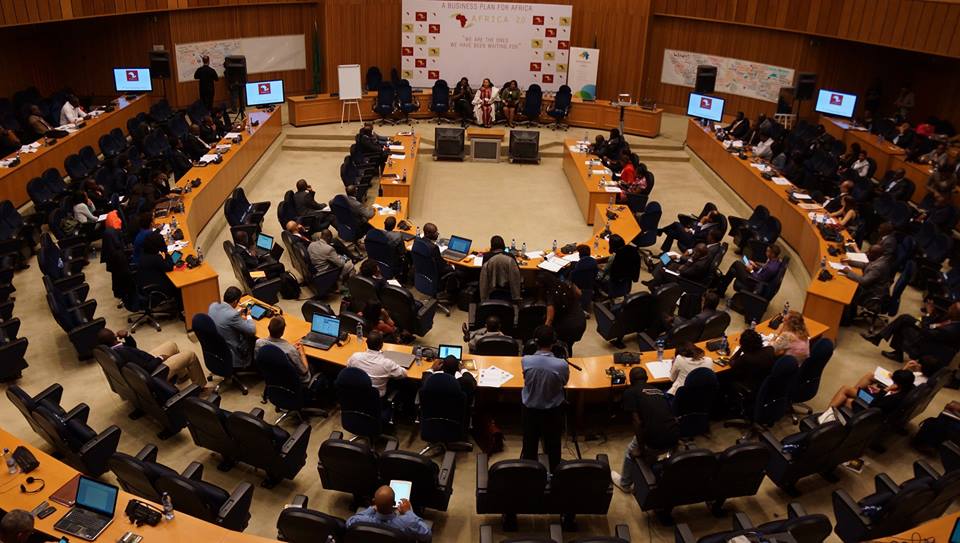Interview with Prof. Grace Obado - Africa 2.0
Grace Obado was born and raised in Kenya. While she was in High School, she heard of a Spanish scholarship that no one from Kenya had been awarded in over ten years. She applied, and got it. Unfortunately, based on the Spanish regulations then, she could not join college unless she passed their University entrance exam (La Selectividad); she accepted the challenge, learnt Spanish, took on courses such as Latin that she had never studied before; passed her exams and the rest is history. She is now the, CEO of Hidrolution Kenya, an Eco- friendly water technology company, a University Professor at Madrid Campus of Schiller International University and Spain Chapter Head of Africa 2.0 Foundation. So how long have you been in Spain?
I have been in Spain for 25 years. First time I went to Spain was in 1989 during the fall of the Berlin wall.
Have you picked up Spanish citizenship?
No! I have the right to a Spanish citizenship but I still keep my Kenyan one.
After you were allowed to go to university, what did you pursue?
Political Science and International Relations
 What made you make that decision?
What made you make that decision?
Perhaps because of the historical context I was raised up in. As a young girl, I started being interested in leadership matters, so to speak, right when I was learning to read. In 1976, I sat on my father’s lap as he was reading his newspaper and a photo of the famous Soweto uprising was on the cover page and it drew my attention. My father would then explain to me that school children in South Africa, like me, were not being allowed to have as many subjects in English as they wished, and that’s why they were protesting. That stuck with me, in such a way that when I finished my master’s degree in 1997, I went to South Africa, worked for the South African broadcasting television (SABC) and fate had it that I would attend a documentary screening entitled “Where is Mbuyiso?” Mbuyisa Makhubo was the 18-year old South African school boy seen carrying Hector Pieterson in the famous photograph of Soweto Uprising.
As someone who’s been interested in Leadership from a young age, what’s your take on the political apathy that exists within the African community both at home and abroad?
I understand political apathy, to an extent, which is directly linked to the quality of leadership we have had, or still have on the continent. People have moved on, but some of the leaders don’t seem to have the ability of continuously responding to the preferences of their citizens. People are tired of empty promises. Having said that, the decisions these leaders we choose make still affect us. Indeed choices have consequences!
Talk to us about Africa 2.0
Founded in 2010, Africa 2.0 gathers a community of 450+ young African leaders from more than 41 nationalities on the continent and from the diaspora, sharing a collective vision for Africa. Our members are committed to piloting and scaling up sustainable solutions capable of leapfrogging the development of the continent. Africa 2.0 is a D-ink Tank (a Think Tank that Does Things). Africa 2.0 therefore offers a unique platform to all those who want to play a significant role as catalysts of accelerated and sustainable growth on the African continent.
5 years after
- Mobilized more than 2500 Global and African Leaders, 35 Head of States and Governments, as well as 65% of the top African and International media.
- Generated more than 300 cross border business opportunities & thought leadership content in many countries and influenced policies in Africa.
- Become a Thought Leader of reference on African topics in all major platforms (AU, G20, World Economic Forum, etc.).
- Has put its members to practice, developed and piloted impact initiatives based on global best practice such as Start Up Africa (mobilizing over 8000 entrepreneurs, mentoring 1000 and providing access to funding and incubators to more than100).
- Continues to attract the most talented young Africans and influence them to go the extra mile to contribute to the accelerated development of the continent through a coordinated approach for greater impact.
- One of the few organizations that has partnered with President Obama on YALI initiative, (Young African Leaders Initiative) also known as Mandela Washington Fellowship.
 Is there a specific policy you can name that Africa 2.0 has helped develop and implement?
Is there a specific policy you can name that Africa 2.0 has helped develop and implement?
In education, Africa 2.0 had a ministerial meeting with 43 education ministers to discuss effective ways of improving education on the continent.
So do you have a list of good boys and bad boys?
Not at all, we tend to focus more on creating an enabling environment for progress, good governance and inclusive growth. We also believe in horizontal leadership models. Leadership at many levels and spread out. Besides, as most of the countries on the continent are registering improvements in many areas, irrespective of the obvious challenges, the positive trend is gradually becoming self-reinforcing.
So Africa 2.0 has no mechanisms in place to administer the policies? Just a positive enforcer!
As an advocacy group, in terms of policy, what we can really do is make recommendations, although we always follow up because in Africa there’s been too much talk, and little action. So we thought if we were just to make recommendations alone, they would probably get dusty in the shelves!
Does Africa 2.0 do any research/studies on key issue on the continent?
We do, but remember we have our jobs, and Africa 2.0 is mainly a platform that brings together professionals from Africa and the diaspora where we can share ideas and roll out some initiatives. For example, I can share research I do at the university with the other members.
Is it true that members work on volunteer basis?
Yes, we have a secretariat in South Africa, where a few people are hired by the organization, but most of the members do it for the love of the continent.
Is Africa 2.0 looking to work with other young leadership organizations that share same values such as the African Leadership Network?
Very often we partner with various organizations on the continent and in the diaspora to drive specific development initiatives.
What has been the biggest challenge for Africa 2.0 in the last four years?
The biggest challenge has been funding because most of our initiatives are self-funded. Working on so many momentous projects with limited funding can sometimes be challenging.
Talk about membership, how does one become a member of Africa 2.0 and what are the dynamics of Africa 2.0 membership?
We have two ways of membership recruitment. One is to apply from our website, or if there’s a chapter in the country you are based in, you can get in touch with their chapter head or local secretariat.
 Who are on the Advisory Board?
Who are on the Advisory Board?
We have former President Chisano of Mozambique, former President Obasanjo of Nigeria, and Hadeel Ibrahim, just to mention a few.
So how can people on the outside, the average person, students etc. contribute to Africa 2.0?
There are many ways to contribute to our causes, those who want to make monetary contributions can do so, and those who want to join our campaigns such as Weare1ne or the zero Ebola campaign can refer to Africa 2.0 website and Facebook for more information.
Just to finish off, what are your future aspirations for Africa, what do you hope Africa achieves in the next five years.
Hmm….I would like to see inclusive growth that is tied to wealth creation, employment, gender balance and education. We need to get more people, especially women completing secondary school education, and also, taking up apprenticeships, because that will be catalytic in driving the development process of Africa.
Interview by- Moses Mutabaruka. Special thanks to- Amandla Ooko-Ombaka